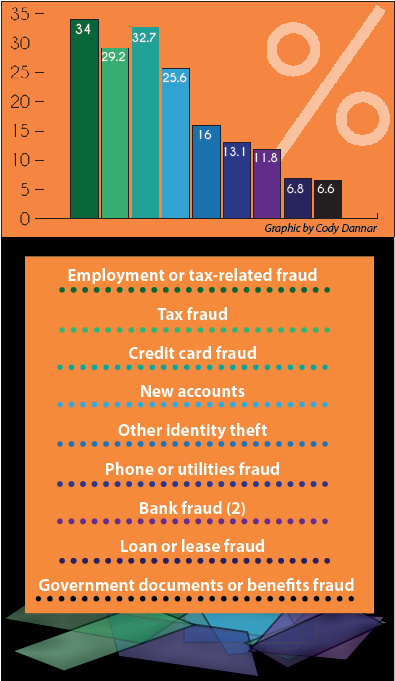Protect yourself online: data privacy day
January 20, 2018
Keeping your online data private is so important, that there is an entire day dedicated to it.
Jan. 28 is Data Privacy Day. It is lead by the National Cyber Security Alliance (NCSA), being celebrated both in the United States and in Canada. The purpose of Data Privacy day is to help citizens become more aware about cyber privacy, educating people on how to protect their online lives.
“Data Privacy Day commemorates the Jan. 28, 1981, signing of Convention 108, the first legally binding international treaty dealing with privacy and data protection,” said Jim Tagliareni, the chief information officer of the ITS Staff at Washburn. “Millions of people are unaware of and uninformed about how their personal information is being used, collected or shared in our digital society. Data Privacy Day aims to inspire dialogue and empower individuals and companies to take action.”
According to Symentac’s 2016 Internet Security Threat Report, the education sector ranked second in the number of cyber security attacks in an industry.
“Cyber security is a top priority for [Washburn] Information Technology Services (ITS). We face new threats every day so it’s important to be proactive and continually work to enhance security. We use a combination of best practices, security tools and strategies to protect university data,” Tagliareni said.
As for students themselves, they have their own lives on the internet. Nearly two in three Americans have reported that they have been hacked on social media, and 86 percent stated that they hide some personal information in fear of hackers getting access.
“Close to 100 million additional Americans have their personal identifying information placed at risk of identity theft each year when records maintained in government and corporate databases are lost or stolen,” Tagliareni said.
Ben Ciummo, a Washburn University graduate with a degree in Computer Science, has a few words of advice for students concerning data privacy.
“[Keep] track of all of your passwords and your accounts, [but] not necessarily using the same password for each account. You can use a program like LastPass that stores your passwords, even very long passwords that are hard to get,” Ciummo said.
Ciummo also said an added step in protection is having end-to-end encryption, which encrypts something before you send it.
Cyber security awareness is important, especially for students who are almost always on some technological device. The amount of breaches are increasing, and with this comes the release of more programs and their vulnerabilities. If students involve themselves in countering cyber attacks and recognizing the gaps in technology, they can help advance their protection.



